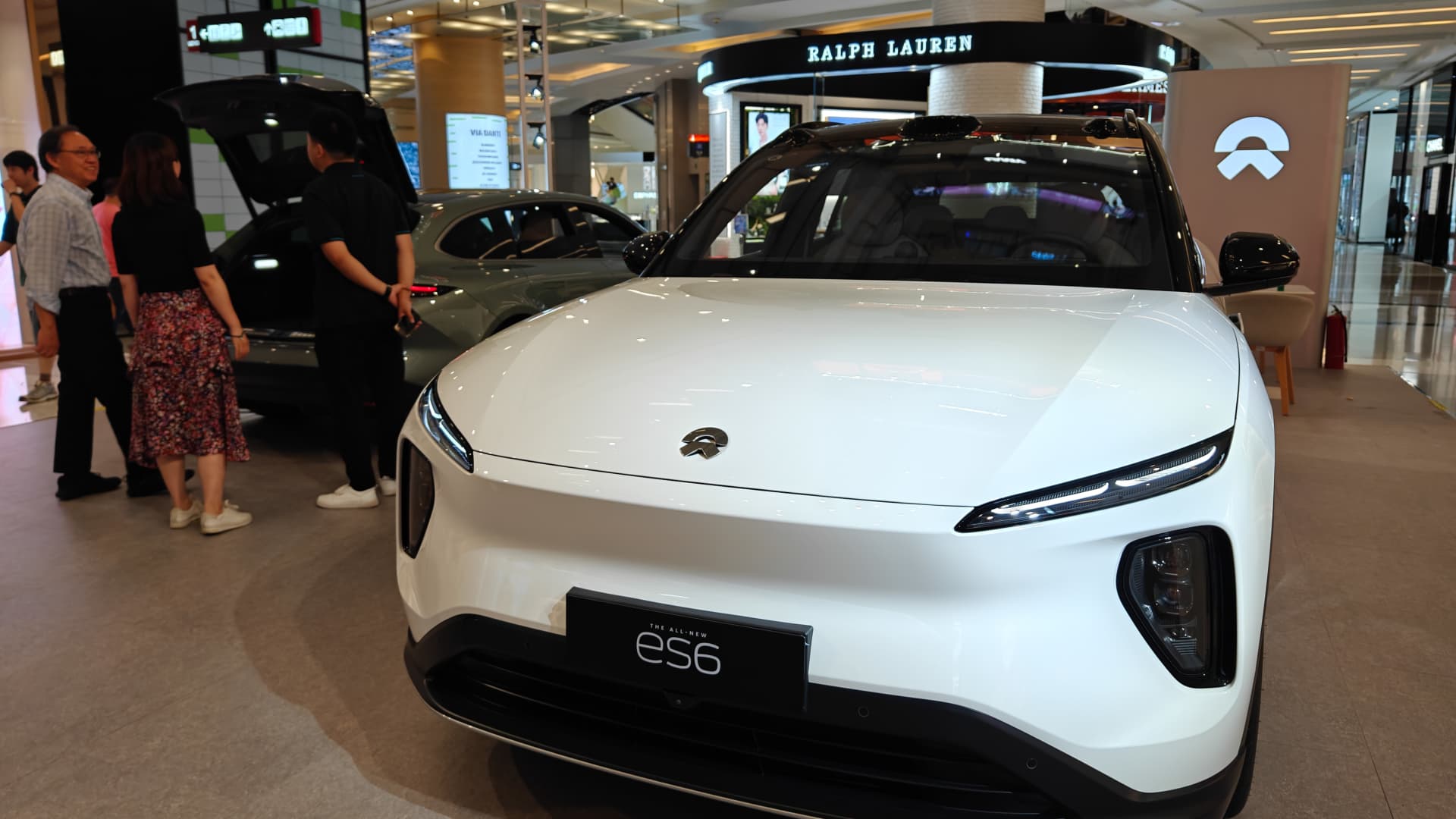The main topic is the resignation of Xpeng's vice president of autonomous driving, Xinzhou Wu, and the impact it may have on the company's autonomous driving path.
Key points include:
- Wu played a pivotal role in helping Xpeng gain an edge over its EV rivals in the intelligent driving race.
- Xpeng is recognized for its in-house, full-stack development team responsible for creating the advanced driver assistance system Xpeng Navigation Guided Pilot (XNPG).
- Xpeng aims to reduce the number of manual takeovers per 1,000 kilometers when using its highway navigation to one or fewer by the end of 2023.
- Tesla has not made its Full Self-Driving (FSD) system available in China yet.
- Wu may be taking up a senior position in Nvidia's autonomous driving division.
- Xpeng recently announced a promising investment from Volkswagen for co-developing electric vehicle models for the Chinese market.
- Wu's resignation marks the end of an era at Xpeng and highlights the talent loss for the company.
- The resignation comes amid escalating tensions between the US and China, leading to downsizing of Chinese tech giants' US operations.
Chinese electric car company Xpeng will acquire Didi's smart electric vehicle unit in a strategic partnership, with Xpeng's shares surging 16%, and plans to launch a new A-class model under the brand MONA to expand in the mass-market segment.
Chinese EV start-up NIO is set to report second-quarter numbers amid investor concerns about competition, demand, pricing, and the Chinese economy.
Chinese electric vehicle maker Nio reports an increased loss of $835.1 million in Q2 2023 as deliveries decline due to a transition to a new vehicle platform and a slowdown in China's economy.
China has announced new guidelines to boost car sales, with a focus on new energy vehicles, aiming to sell around 27 million new vehicles this year and increase sales of electric cars to approximately 9 million units, as the country looks to revive its post-Covid economy.
Europe's automakers are showcasing their latest electric vehicles at the IAA Mobility car show in an attempt to compete with Tesla and counter the increasing competition from Chinese companies such as BYD and Xpeng.
Europe's carmakers are facing a tough battle to catch up with China in the development of affordable and consumer-friendly electric vehicles, with Chinese EV makers already a generation ahead, according to industry analysts and executives at Munich's IAA mobility show.
Chinese electric vehicle maker Xpeng plans to expand into more European markets, including Germany, Britain, and France in 2024, following its successful entry into the Netherlands and Norway.
Lucid is exploring the possibility of entering the Chinese electric car market, but has not yet set a timeline for its entry, according to a top executive at the company. Lucid recognizes China as the world's largest and fastest adopting EV market, but wants to ensure it enters on the right terms to avoid mistakes. The company is currently assessing the viability of entering the market and considering factors such as pricing and manufacturing strategy. Additionally, Lucid plans to expand its product range to include lower-priced vehicles, with a mid-sized car potentially being unveiled in 2026. However, entering the mass-market segment will take time and require a strong supply base and the right pricing.
Tesla is expected to benefit from European protectionist measures as regulators crack down on Chinese electric vehicle (EV) competition, causing stocks of Chinese EV companies like NIO and XPeng to plunge.
Singapore-based startup Singauto Technology is set to enter the Chinese electric vehicle (EV) market with fully electric refrigerated trucks, which could become a lucrative niche as the cold-chain logistics market is currently dominated by internal combustion vehicles; the company has already received 20,000 pre-orders for its new truck model.
Chinese EV maker NIO is planning to raise $1 billion through the issuance of convertible bonds, following in the footsteps of other electric vehicle companies such as Nikola and Fisker.
Chinese electric vehicle (EV) manufacturer NIO's stock is declining after announcing plans to raise $1 billion through the issuance of convertible senior notes, as the company looks to strengthen its balance sheet and support its growth plans.
Chinese electric car brand Nio has released its own Android smartphone, which the company expects at least half of its users to purchase, offering car connectivity and an overall performance that appeals to Nio's user base.
